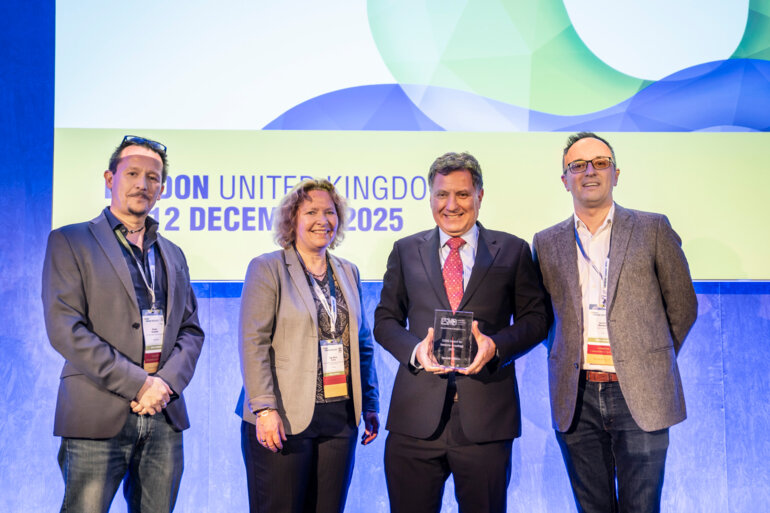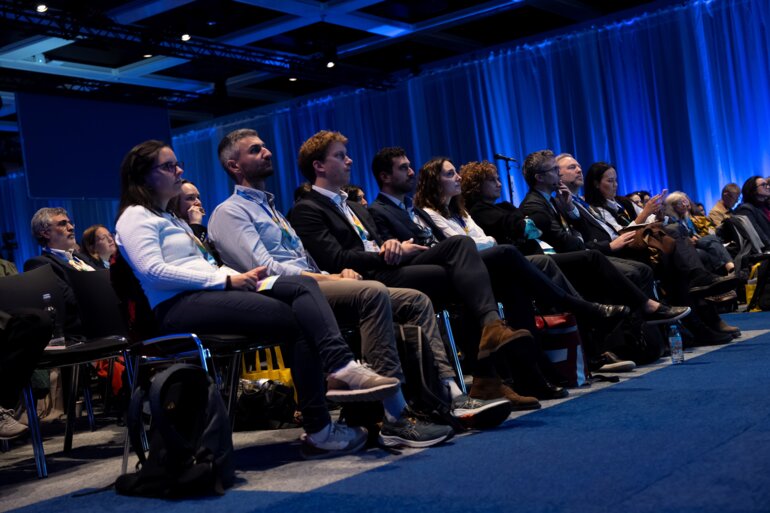Acquired genomic changes, decreased TILs and HLA class I expression were identified in patients with non-small cell lung cancer progressing on immune checkpoint inhibitors
Little is known about the mechanisms behind acquired resistance to immunotherapy in non-small cell lung cancer (NSCLC) after initial response. A study performing a comprehensive genomic profiling and immunophenotypic characterisation of NSCLC tumours that have acquired resistance to immune checkpoint inhibitors (ICIs), provides a detailed picture of genomic alterations involved in the disease progression, thus offering novel insights that may refine targeted therapeutic strategies in the future.
Researchers at the Dana-Farber Cancer Institute, Boston, US, who conducted the study, examined pre- and post-treatment tumour biopsies from 82 patients with NSCLC who have received ICIs and developed resistance between two repeat biopsies. By analysing the data collected with those from two additional cohorts used as controls including patients with NSCLC treated with chemotherapy or targeted therapies, immunotherapy was associated with acquired genomic changes, decreased tumour-infiltrating lymphocytes (TILs) and HLA class I expression which were not observed with other treatments.
Genomic changes at the time of acquired resistance to ICI were identified in 62.0% of cases. Acquired mutations were identified in 27.8% of cases, with the most common including loss-of-function alterations in a range of genes such as STK11 (8.9%), SMARCA4 (6.3%) and KEAP1 (2.5%) which have shown to drive primary resistance in lung cancer as reported in previous studies (J Thorac Oncol. 2022 Mar;17(3):399-410; J Thorac Oncol. 2021 Jul;16(7):1176-1187).
A significant decrease in density of TILs was observed after treatment with ICI, with immunophenotypic changes in T cells, and no difference in the density of T regulatory cells, M1/M2 macrophages as well as in PD-L1 expression on tumour cells and nontumour cells.
HLA class I expression, which is normally associated to good outcomes to ICIs, decreased in the immunotherapy cohort compared with the controls, as reported in the study.
“This is a very important work which improves our current knowledge on how some NSCLC tumours acquire resistance to immunotherapy”, says Prof. Alessandra Curioni-Fontecedro, University of Fribourg and Cantonal Hospital Fribourg, Switzerland. “The complexity of understanding resistance to immunotherapy relies on the patient heterogeneity, lack of consistence between sample collection and different technologies applied to answer this challenging question.
The study hints at acquired genomic alterations in oncogenes and immune-related genes can explain resistance. Of importance some of these are targetable and might be further explored for therapeutic purposes.”






